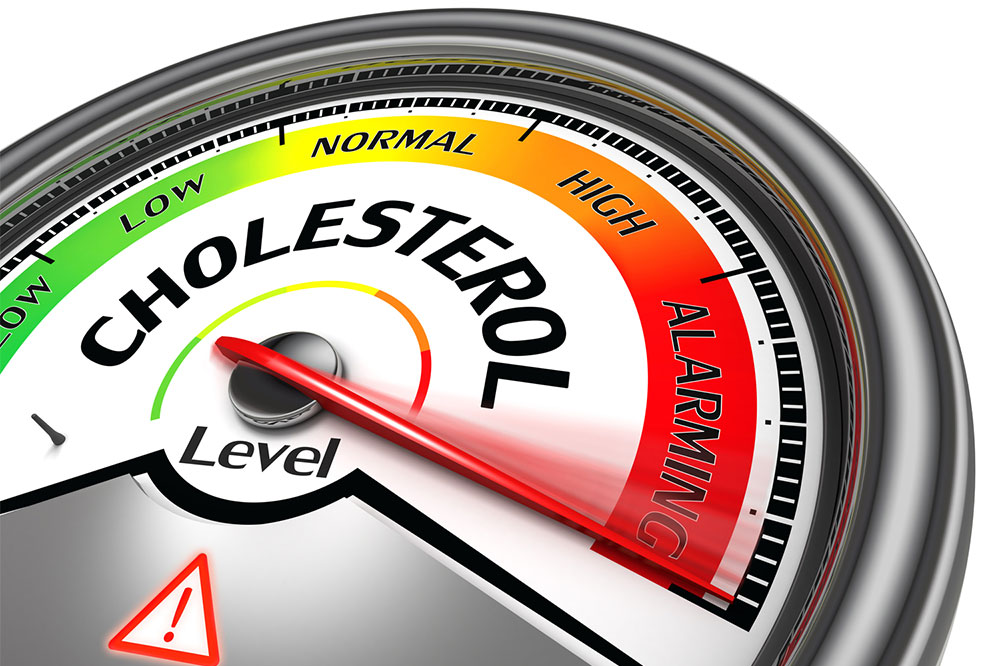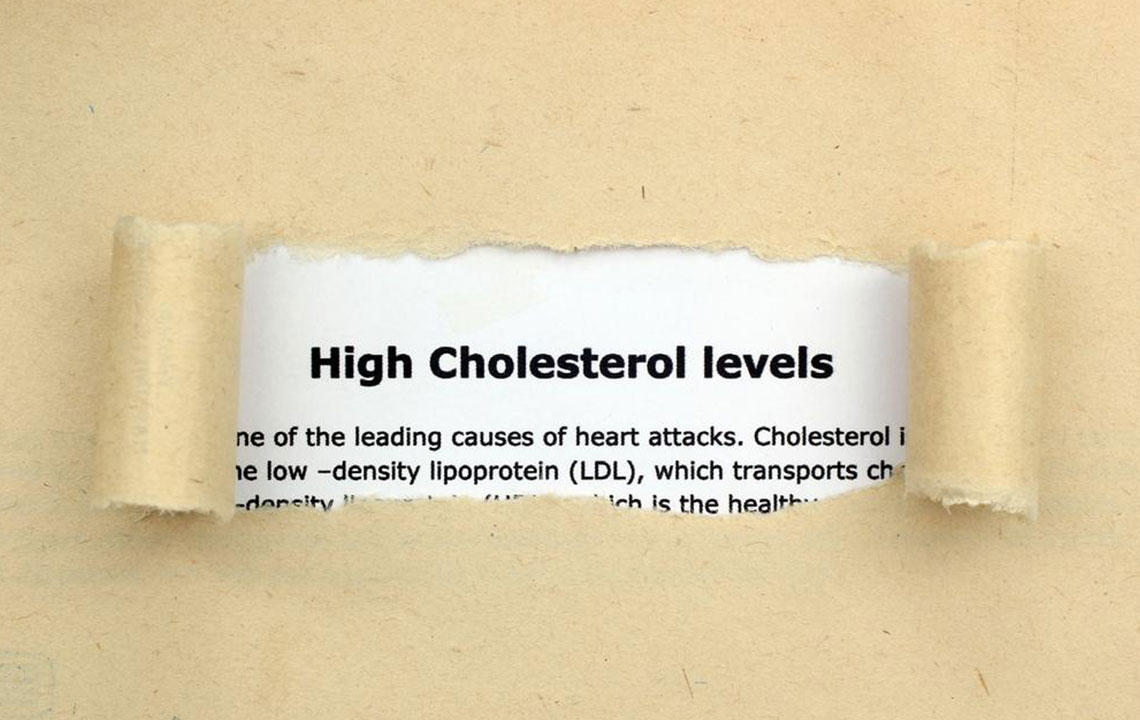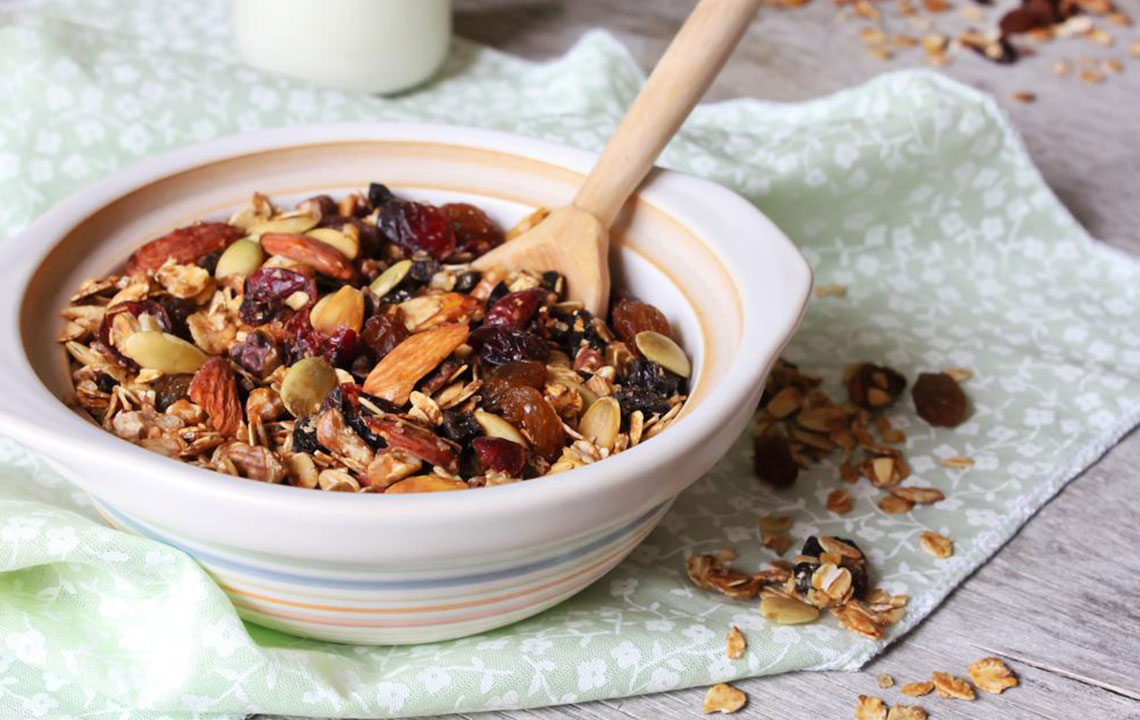Understanding Cholesterol and Its Impact on Heart Health
Learn the essentials of cholesterol levels, their significance, and how lifestyle changes can help manage heart health effectively. This guide covers testing, interpretation, and tips for maintaining optimal cholesterol through diet, exercise, and genetic considerations.
Sponsored

Maintaining optimal cholesterol levels is essential for overall well-being. Despite its importance, many individuals neglect routine checks, risking various health complications. Starting from age 20, adults should have their cholesterol levels assessed every five years to monitor their health status.
A simple lipid panel test reveals total cholesterol, LDL (bad) cholesterol, HDL (good) cholesterol, and triglycerides, helping identify heart disease risks.
Understanding key cholesterol terms is crucial before interpreting test results:
Total cholesterol: The overall cholesterol in blood, including LDL and HDL.
LDL (bad cholesterol): Contributes to artery blockages, increasing heart disease risk.
HDL (good cholesterol): Helps remove excess cholesterol from arteries, protecting heart health.
Factors Influencing Cholesterol Levels:
Diet: Consuming saturated fats increases cholesterol; reducing these fats helps lower levels.
Body weight: Overweight individuals often have higher LDL; weight management improves cholesterol balance.
Physical activity: Regular exercise reduces LDL and raises HDL, boosting heart health.
Age and gender: Cholesterol levels tend to rise with age. Women before menopause usually have lower LDL than men, but levels increase post-menopause.
Genetics: Family history influences cholesterol tendencies, especially high LDL levels.
Assessing cholesterol levels: Levels are categorized as desirable (<200 mg/dL), borderline high (200–239 mg/dL), and high (>240 mg/dL). LDL and HDL are also classified into optimal, borderline, and high ranges, guiding risk assessment.
Reducing high cholesterol: Lifestyle modifications, such as balanced diet, physical activity, and weight control, are essential for maintaining healthy cholesterol levels.
Consistent healthy habits can significantly lower cardiovascular risks, ensuring long-lasting wellness and vitality.






